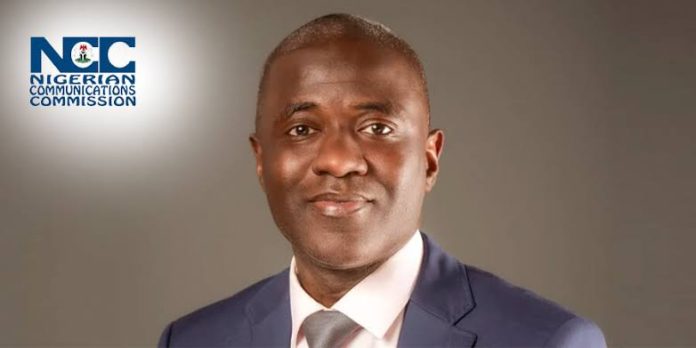By Anthony Nwosu
In today’s world, where technology is transforming every aspect of life, the role of the judiciary in supporting this digital shift often goes unnoticed. But for Nigeria, the partnership between the legal system and the telecommunications sector is more crucial than ever, as both work together to pave the way for a digital future that benefits everyone.
At the Nigerian Communications Commission (NCC) and National Judicial Institute (NJI) 2024 Judges’ Workshop, held recently at the Sheraton Hotel in Ikeja, Lagos, this collaboration was brought into sharp focus. With the theme “The Role of the Judiciary in Accelerating Digital Transformation in Nigeria,” the event gathered judges, legal experts, and telecom leaders for an important discussion about the growing need for the judiciary to stay ahead of the curve in this rapidly evolving digital world.
A Call for Stronger Judicial-Industry Ties
Dr. Aminu Maida, Executive Vice Chairman and CEO of the NCC, kicked off the event with a compelling message about the judiciary’s essential role in Nigeria’s digital journey. “As technology reshapes society, it’s not just about keeping up with change—it’s about guiding it. The judiciary is key in creating a legal framework that supports innovation while ensuring fairness, justice, and protection for all,” Dr. Maida said.
For him, the workshop wasn’t just another event; it was a call to action. The telecommunications industry is transforming every part of life in Nigeria—from how we communicate to how businesses operate—so it’s crucial that the legal system adapts to keep pace. The partnership between the judiciary and telecom sector, Dr. Maida pointed out, is no longer optional. It’s a necessity.
Addressing the Challenges of Infrastructure Protection and National Security
One of the most urgent issues raised during the workshop was the protection of critical telecom infrastructure, which has been under constant threat from theft and vandalism. Dr. Maida shared the concern that damage to fiber optic cables, mobile masts, and data centers disrupts not only telecom services but also the broader digital economy. The NCC, he said, has been working with the government to protect this infrastructure—and the judiciary’s support is vital.
A significant milestone in this effort came in July 2024, when President Bola Ahmed Tinubu signed an order declaring telecom infrastructure as Critical National Information Infrastructure (CNII), making it legally protected. Dr. Maida called this a crucial step forward, but stressed that the real work begins now: enforcing the law. “With the judiciary’s help, this law can be the powerful tool we need to safeguard Nigeria’s digital future,” he said.
Digital Justice: How Judges are Adapting to New Realities
The digital age has brought about a host of new challenges for the legal system. With the rise of e-commerce, social media, and digital contracts, Nigeria’s judges are now tasked with interpreting laws that didn’t exist when many of them first entered the profession. Issues like cybercrime, data privacy, and online fraud are now part of their daily reality. And with this comes the need to evolve and stay informed.
Dr. Maida explained that the judiciary must not only react to new tech trends but also proactively shape the legal landscape. Judges, he said, must be able to interpret digital contracts, settle online disputes, and ensure that digital rights are protected in a world where personal data is more valuable than ever.
“The judiciary must ensure that our digital economy is built on trust,” Dr. Maida said. “This means being vigilant about protecting citizens’ rights online and ensuring that all digital interactions—whether it’s a transaction or an online message—are safe, secure, and just.”
A Shared Vision for the Future
What became clear as the workshop unfolded was that the judiciary and the telecom sector share a common vision for Nigeria’s digital future. They understand that to succeed, they must work together—aligning their priorities to protect infrastructure, uphold the rule of law, and create an environment where technology can thrive without compromising people’s rights.
Dr. Maida ended the workshop with a hopeful message. “This is just the beginning,” he said, referring to the collaboration between the NCC and the NJI. “The future of Nigeria’s digital economy depends on a strong partnership between these two sectors. Together, we will ensure that Nigeria’s digital transformation is not only innovative and competitive but also just and equitable.”
As the event wrapped up, it was clear that the judges who attended—many of whom are already grappling with new tech-related cases—left with a renewed sense of responsibility. The workshop was a reminder that while technology is advancing quickly, the law must evolve just as fast. By working hand-in-hand with the telecom sector, the judiciary will help build a legal system that supports and protects Nigeria’s digital growth.
This partnership is more than just a meeting of minds; it’s a partnership that will shape Nigeria’s digital future, ensuring it is a future where technology and justice go hand-in-hand.




